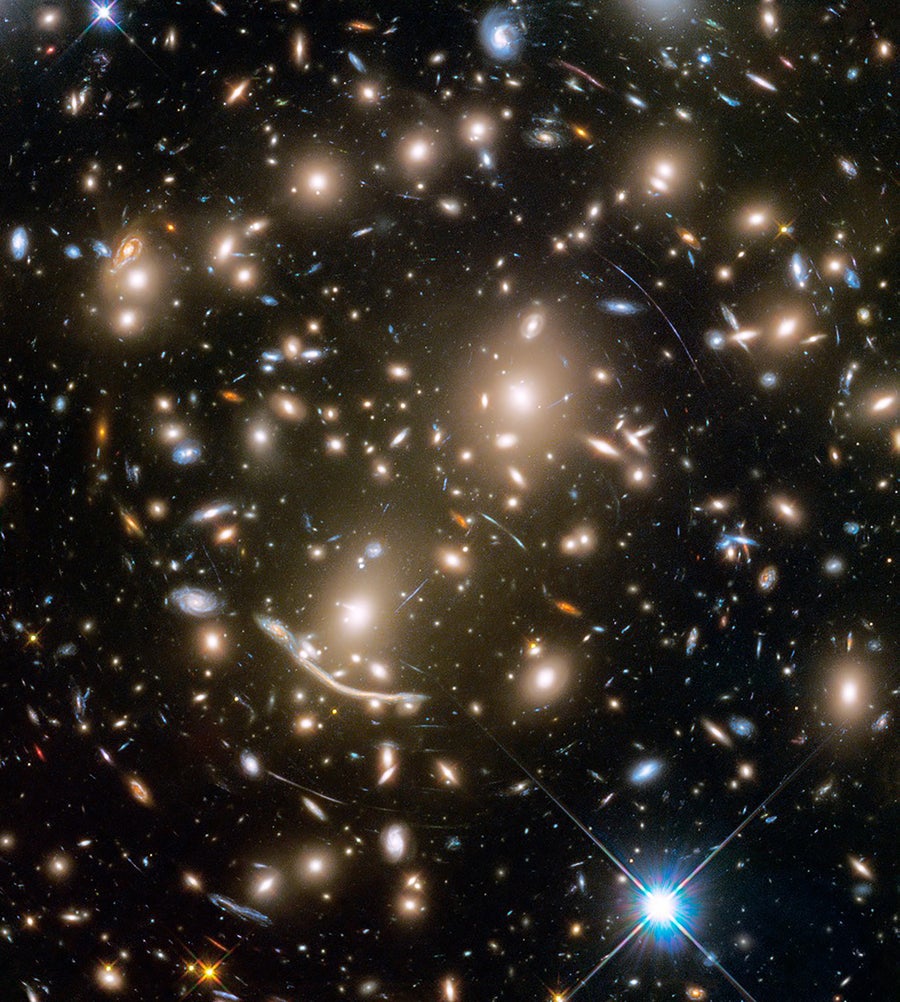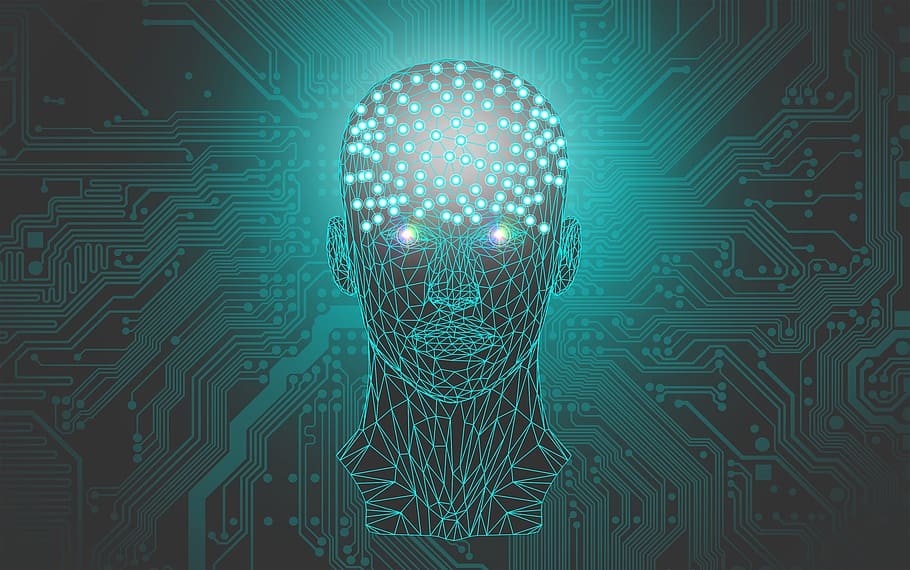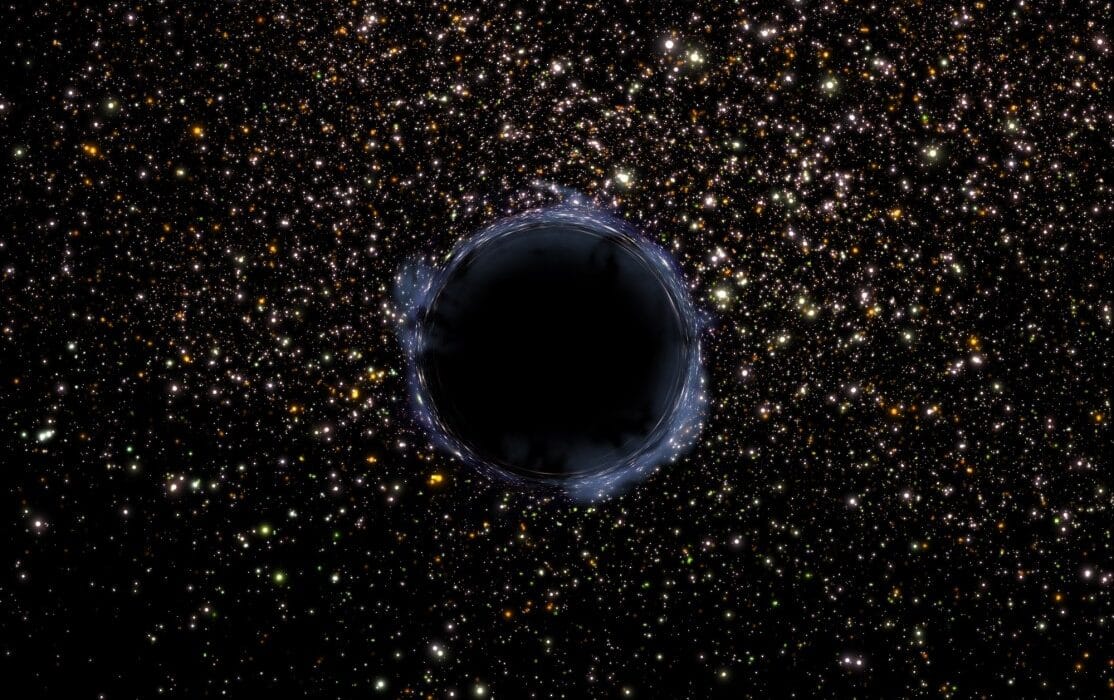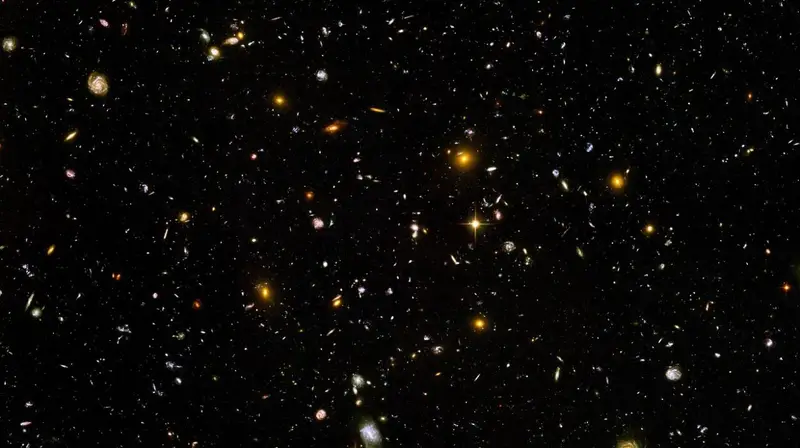Science is humanity’s greatest tool for unraveling the secrets of the universe. It has shown us the structure of DNA, the age of the cosmos, and the forces that govern the motion of planets. Yet, despite centuries of progress, countless questions remain unanswered. These mysteries sit at the edges of human understanding, teasing us with hints of answers while resisting our grasp. They remind us that science is not a finished book, but an ongoing journey—one filled with awe, wonder, and even frustration.
Here are fifteen of the biggest unsolved mysteries in science. They span the cosmos, life itself, and even the nature of our own minds. Each one is a doorway into the unknown, a reminder that the universe is far more mysterious than we can yet comprehend.
1. What Is Dark Matter?
When astronomers studied the rotation of galaxies, they found something strange: galaxies spin so fast that, by all rights, they should fly apart. The visible matter—stars, gas, and dust—simply isn’t enough to hold them together. This led to the idea of dark matter, an invisible substance making up about 27% of the universe’s mass-energy content.
Dark matter neither emits nor absorbs light, making it impossible to see directly. Its presence is inferred from its gravitational pull on galaxies and clusters of galaxies. Yet, despite decades of searching with particle detectors and telescopes, scientists still have no idea what dark matter actually is.
Could it be made of undiscovered particles like WIMPs or axions? Or does it mean our understanding of gravity itself is incomplete? Until we solve this puzzle, dark matter remains one of the most tantalizing mysteries in science.
2. What Is Dark Energy?
If dark matter is mysterious, dark energy is even more baffling. In the late 1990s, astronomers made a shocking discovery: the universe is not just expanding—it’s accelerating. Something unseen is pushing galaxies farther and farther apart.
This force, called dark energy, makes up a staggering 68% of the universe. Yet its nature is completely unknown. Some theories suggest it’s an inherent property of space itself, described by Einstein’s “cosmological constant.” Others propose it could be evidence of new physics beyond our current understanding.
Dark energy isn’t just a curiosity—it determines the ultimate fate of the universe. Will expansion continue forever, leading to a “heat death”? Or could dark energy’s strength grow, ripping the cosmos apart in a “Big Rip”? The answer lies hidden in this invisible force that rules the universe.
3. How Did Life Begin?
Life on Earth began more than 3.5 billion years ago, but how it first emerged remains one of the most profound unsolved questions in science. Somehow, lifeless molecules combined to form self-replicating, living systems. But what was the spark?
Theories abound. Some scientists suggest life began in a “primordial soup” of organic molecules energized by lightning or ultraviolet light. Others think it may have arisen in deep-sea hydrothermal vents, where heat and minerals provided the right conditions. Still others propose that life may have been seeded from space through comets or meteorites—an idea known as panspermia.
We know how life evolves once it exists, thanks to Darwin’s theory of natural selection. But the leap from chemistry to biology—the origin of life itself—remains one of science’s greatest unsolved mysteries.
4. Are We Alone in the Universe?
The question of extraterrestrial life grips the imagination like no other. With trillions of galaxies in the cosmos, each containing billions of stars and potentially habitable planets, it seems unlikely that Earth is unique. Yet, despite decades of searching, we have no definitive evidence of life beyond our planet.
Astronomers have identified thousands of exoplanets, some in the so-called “habitable zone” where liquid water might exist. Missions to Mars, Europa, and Enceladus aim to uncover microbial life in our solar system. Radio telescopes scan the skies for signals from intelligent civilizations. And still—the silence persists.
This paradox is known as the Fermi Paradox: if intelligent life is common, why haven’t we found it? Are civilizations exceedingly rare, short-lived, or deliberately avoiding us? Until we discover even a single microbe elsewhere, the question of whether we are alone remains unanswered.
5. What Came Before the Big Bang?
The Big Bang Theory explains how the universe expanded from a hot, dense state about 13.8 billion years ago. But what caused the Big Bang? And what came before it, if anything?
Some scientists argue the question may be meaningless—time itself began with the Big Bang. But others suggest intriguing possibilities. Perhaps the universe undergoes endless cycles of expansion and contraction, in a repeating pattern of “Big Bangs” and “Big Crunches.” Or maybe our universe is just one bubble in an infinite multiverse, with countless others forming and disappearing.
Quantum mechanics also raises the possibility that the universe emerged from fluctuations in a “quantum vacuum.” Whatever the answer, the mystery of what triggered the Big Bang remains one of the deepest puzzles in science.
6. What Is Consciousness?
We can measure brain activity, map neurons, and understand the mechanics of thought. But the question remains: Why does all this activity produce subjective experience? Why do we feel, think, and perceive?
This is the “hard problem of consciousness.” Science can explain how the brain processes information, but not why those processes give rise to awareness. Consciousness is the most intimate part of our existence, yet its nature eludes us.
Some theories propose that consciousness arises from complex networks of neurons. Others suggest it might be a fundamental property of the universe, like space or time. Could artificial intelligence ever achieve true consciousness? Until we solve this mystery, the nature of our own minds remains as puzzling as the cosmos itself.
7. Why Does Time Move Forward?
Time flows relentlessly from past to future, but why does it have a direction? The laws of physics, at their core, work the same whether time moves forward or backward. So what gives time its arrow?
The answer may lie in entropy, the measure of disorder. According to the Second Law of Thermodynamics, entropy always increases, giving time a sense of direction. But this raises another question: why did the universe begin in such a low-entropy state?
Time’s arrow is woven into our perception of reality, yet its origin remains one of the deepest mysteries in science.
8. What Is Gravity, Really?
We all experience gravity every moment, yet its true nature is still a puzzle. Isaac Newton described it as a force pulling masses together. Albert Einstein revolutionized our understanding by showing that gravity is the curvature of spacetime itself.
But when we try to combine Einstein’s theory of gravity with quantum mechanics—the framework governing the microscopic world—the two don’t fit. Gravity resists being quantized, standing apart from the other fundamental forces.
Physicists are searching for a theory of quantum gravity, which could unify all forces of nature. Candidates include string theory and loop quantum gravity, but none have been proven. Until then, gravity remains both familiar and deeply mysterious.
9. What Is the Nature of Black Holes?
Black holes are among the strangest objects in the universe. Formed when massive stars collapse, they contain a point of infinite density known as a singularity, where known physics breaks down.
Einstein’s relativity predicts singularities, but quantum mechanics suggests infinities should not exist. What really lies inside a black hole? And what happens to information that falls in—does it vanish forever, violating fundamental laws of physics, or is it somehow preserved?
The mystery of black holes sits at the frontier of physics, where our two greatest theories—relativity and quantum mechanics—collide.
10. Why Do We Dream?
Every night, our brains create vivid, often bizarre worlds we call dreams. But why do we dream?
Some scientists believe dreams help process emotions, consolidate memories, or rehearse survival strategies. Others think they are simply byproducts of brain activity during sleep, without deeper meaning.
Despite centuries of fascination, from Freud’s interpretations to modern neuroscience, the true purpose of dreams remains elusive. Are they windows into our unconscious minds, or just random sparks of imagination?
11. What Is Memory, Really?
We know that memories are stored in neural connections within the brain, but how exactly does the brain transform experiences into lasting records?
Neuroscience has mapped some processes of memory formation, yet the exact mechanisms remain unclear. Why do some memories fade while others last a lifetime? How can emotions make memories sharper? And is it possible to recover “lost” memories—or even implant false ones?
Understanding memory is more than academic; it holds keys to treating Alzheimer’s disease and other disorders that steal away our pasts. But for now, memory remains partly a mystery.
12. Why Does the Universe Exist at All?
Perhaps the most profound question of all: why is there something instead of nothing?
The laws of physics allow for the possibility of nothingness—no space, no time, no matter. And yet here we are, in a vast universe filled with galaxies, stars, and life.
Some physicists suggest that the laws of quantum mechanics make the creation of universes inevitable. Others believe the universe must exist because of deeper principles we have yet to discover. But ultimately, this question may lie beyond the reach of science, touching on philosophy itself.
13. Why Is There More Matter Than Antimatter?
According to the laws of physics, the Big Bang should have created equal amounts of matter and antimatter. When matter and antimatter meet, they annihilate each other, leaving nothing but energy. So, by all logic, the universe should not exist.
Yet clearly it does. Somehow, there was a tiny excess of matter over antimatter—about one particle in a billion. This imbalance allowed stars, planets, and life to form. But why? What tipped the balance in favor of matter?
Scientists are still searching for the answer, studying high-energy particle collisions for clues. Until we solve it, the very reason we exist remains a mystery.
14. How Do Animals Navigate?
Birds migrate thousands of miles with astonishing accuracy. Sea turtles return to the very beaches where they were born. Monarch butterflies travel across entire continents. But how do they do it?
Some animals are thought to use Earth’s magnetic field, a phenomenon known as magnetoreception. But the exact biological mechanisms remain unclear. Do they have magnetite crystals in their bodies? Are quantum effects in play within their eyes?
Animal navigation remains one of nature’s great unsolved puzzles, blending biology, physics, and evolution.
15. What Is the Fate of the Universe?
Just as we wonder about its origins, we wonder about the end of the universe. Will it expand forever into a cold, lifeless void? Will it collapse back into a fiery Big Crunch? Or will it tear itself apart in a catastrophic Big Rip?
The answer depends on the nature of dark energy and the ultimate balance of forces in the cosmos. Current evidence suggests eternal expansion, leading to a “heat death” where all stars burn out and only darkness remains. But the truth is far from certain.
The universe began in mystery, and it may end in mystery too.
Conclusion
These fifteen unsolved mysteries remind us of the limits of human knowledge. Despite centuries of scientific progress, the universe still holds secrets that defy explanation. From the depths of black holes to the spark of life itself, from the silence of the cosmos to the mysteries of our own minds, the unanswered questions are endless.
But this is not a weakness of science—it is its greatest strength. Each mystery is an invitation to explore, to imagine, and to push the boundaries of what we know. The thrill of science lies not in the answers we already have, but in the questions that remain.
The universe is vast, strange, and beautiful. And perhaps its greatest gift is that it keeps us wondering.






